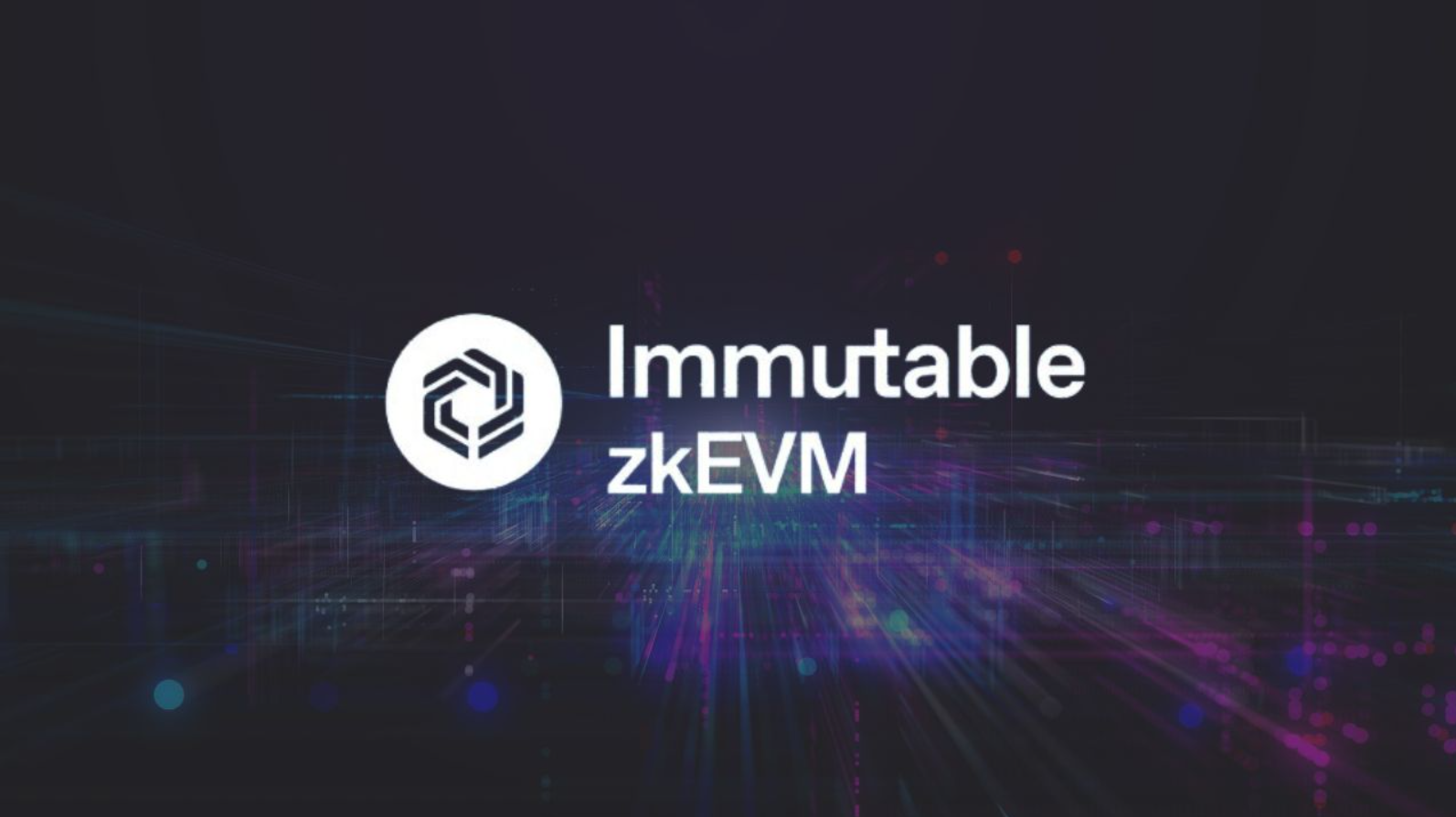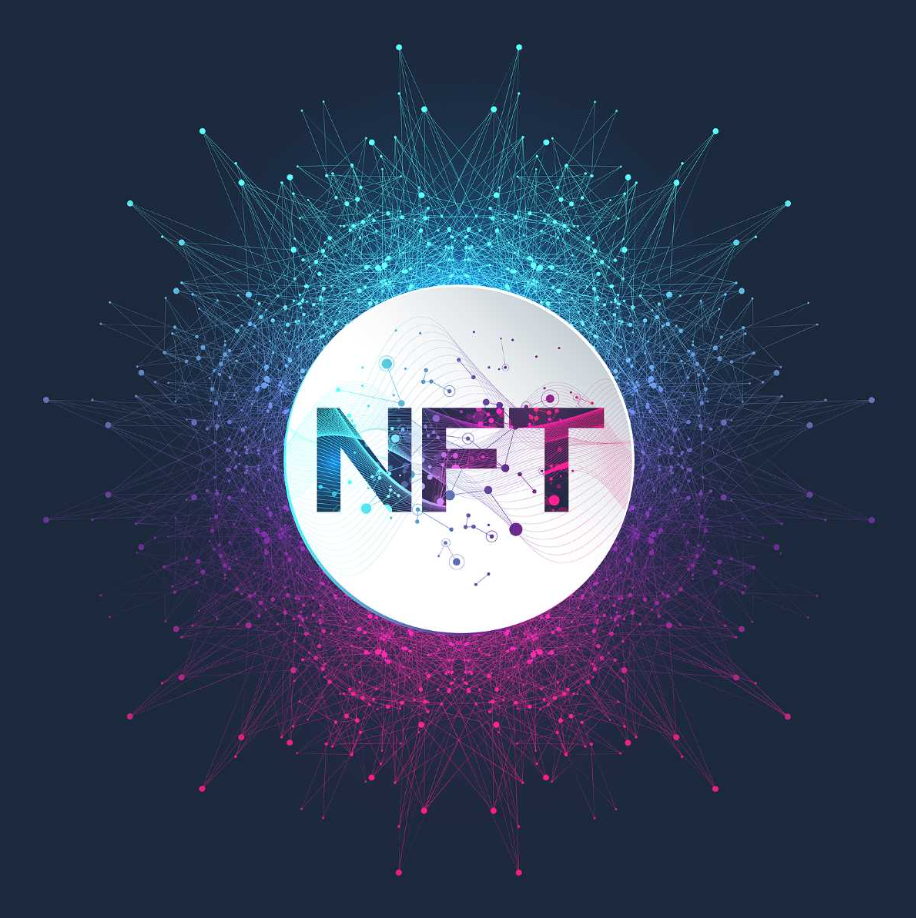Web3 Foundation recently led a panel discussion at Polkadot Decoded, focusing on the pressing need for clearer laws within the web3 sector, particularly in the European Union (EU), the home base for the foundation's flagship initiative. The panelists deliberated on the benefits of web3 blockchain technology and its potential to address the challenges posed by Web2.
The panel unanimously underscored the need for well-articulated regulations that focus on practical blockchain applications and user behavior, as opposed to the technology's complex details. They pointed out how jurisdictions with more structured legal frameworks, like the EU, are progressing faster than those with ambiguous definitions and jurisdictions.
A key component of the Web3 Foundation’s mission is educating government bodies about blockchain technology, arguing that regulatory frameworks should mirror the characteristics and operations of businesses. Encouragingly, several countries are modifying their laws to accommodate technological realities. During the panel, Daniel Schoenberger, Chief Legal Officer of the Web3 Foundation, commended the EU’s MiCA law as an example of enhanced awareness. Schoenberger stated, "The EU's acknowledgment of utility tokens as a separate class signifies a critical step towards recognizing different types of tokens based on their functionalities."
Titled “The Decentralized Web: How Much Regulation Is Necessary?” the panel included prominent figures such as Joachim Schwerin, Principal Economist at the European Commission; Paige Collings, Senior Speech and Privacy Activist at the Electronic Frontier Foundation; Alfred Früh, Professor of Private Law at the University of Basel; and Ana Trbovich, Vice Chair of the Energy Web Foundation.
Schwerin referred to blockchain as a societal revolution, highlighting the EU’s declaration of blockchain as its top innovation goal across all policy sectors. Trbovich made an analogy with Python, suggesting that blockchain should not be overly regulated, although specific applications might need attention. Collings stressed the importance of addressing behaviors instead of technologies to counter privacy threats in Web3. Früh discussed the role of blockchain in protecting intellectual property rights, advocating for collaboration between blockchain entities and established authorities.
By hosting such insightful discussions, the Web3 Foundation aims to navigate the complex world of regulations, enabling the success of Web3 while protecting all stakeholders' interests.










